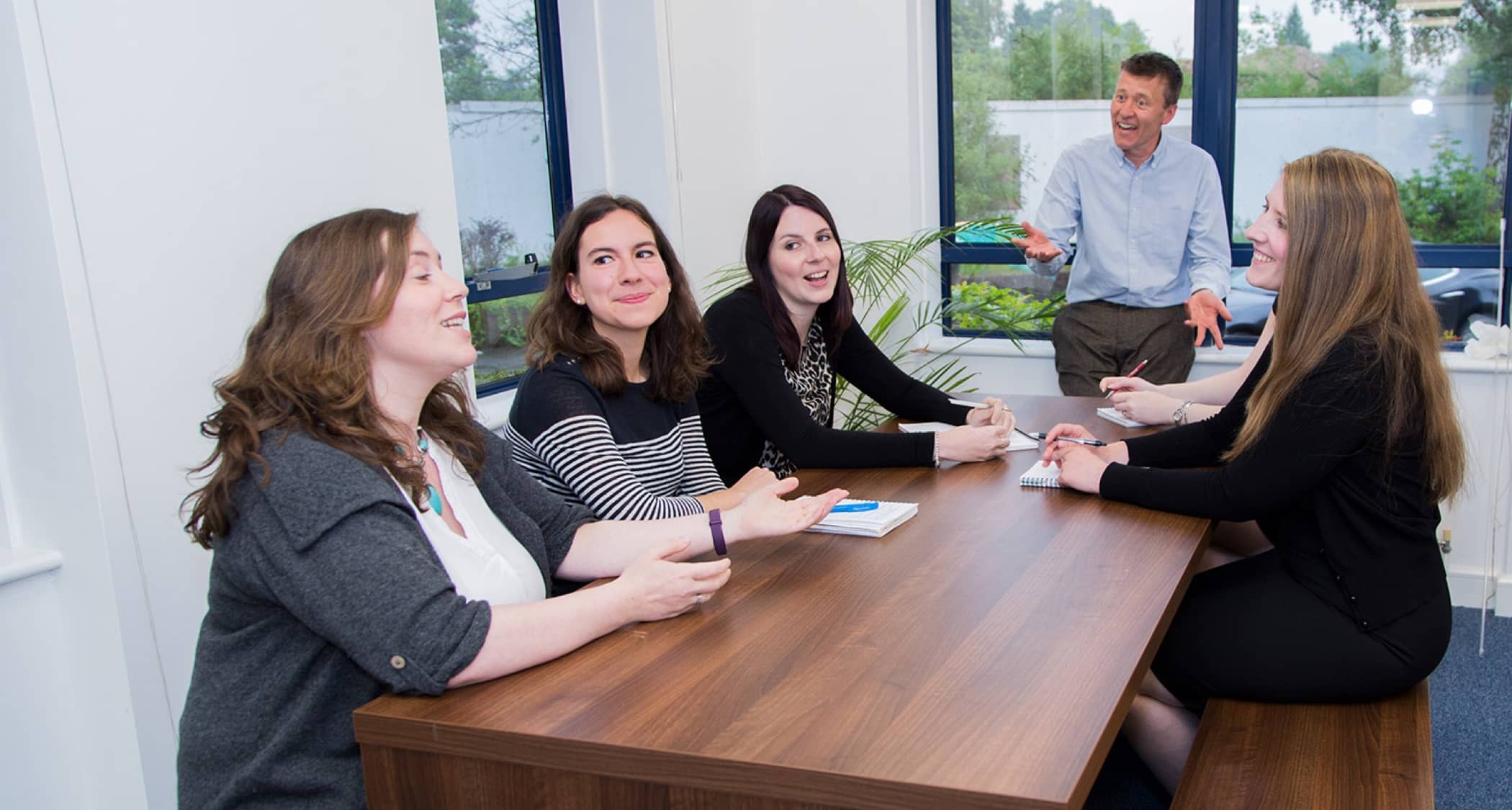Why did you choose a career in the languages industry?
I don’t have a languages background, but I enjoy working with people who do – they tend to be very outward looking and interesting. It was a natural step from working in the English subtitling business to managing people working in other languages.
How did you end up at STAR?
By a fairly circuitous route! After college I spent a few years travelling and teaching abroad, in Greece, Turkey and Saudi Arabia. When I returned to the UK, I moved into media monitoring and then subtitling. I loved subtitling – who wouldn’t like getting paid to watch TV and movies all day! Eventually I progressed into management at the European Captioning Institute where I ran the English team and worked closely with the translation department. After 12 years of commuting to London, it was time to look for something closer to home. The opportunity to move to STAR in Woking came up and while technical translation was a bit of a career change, the chance to manage a company within such a prestigious organisation was too good to pass up.
What’s your favourite part of your day?
Perhaps weirdly, I like it when things go wrong, or when a complex issue lands on my desk. Problem solving is the fun bit of any job.
What is your role at STAR?
As M.D. I have overall responsibility for the direction of travel of the business. I look after the accounts and the H.R. and the general smooth running of the office. As much as anything, I try to enable the project managers and the translators to do their jobs as effectively as possible. Quite often this means taking a step back and letting them get on with it – they’re quite a talented bunch so that’s generally for the best.
What have you learned while at STAR?
Hiring the right people is imperative. Lots of people have the qualifications but it’s important that they’ll be a good fit and share the company’s values and outlook. Then you can trust your team to get on with things without micro-managing. And what looks like a massive problem today, will almost certainly have gone away in a couple of weeks so it’s best not to worry too much and enjoy working out the solution.
What will the translation industry look like in 10 years?
I’m fairly optimistic. Machine translation and A.I. will undoubtedly have an impact, especially on the large-volume technical material, but the sheer volume of information in the digital age will ensure there are opportunities for professional translators for a long time to come, I think. Companies and individual translators will need to be open to the changes and willing to adapt but there’s no reason they can’t thrive.
What’s it like to work at STAR?
The STAR Group is an interesting entity. So much of what it does in terms of software development is cutting-edge and quite often ahead of its time, but everything is underpinned by a very clear philosophy and set of values. It’s quite old-fashioned in some ways, but people (employees and customers) tend to stay with us a very long time so we must be doing something right.
Who has the worst music taste in the office?
Difficult to single out any one person. When things get a bit stressed in the office, the PMs like to put on a radio station which only plays “songs from the musicals” – and they then sing along. I really must get myself some noise-cancelling headphones!


Sabine Schulz on Steve Smith
“Steve is honest and approachable – he analyses everything in detail and will always have a solution when needed.”